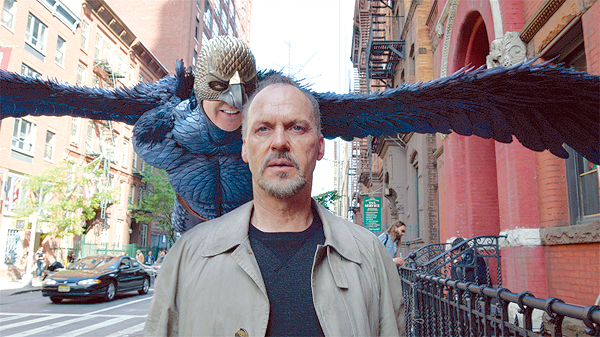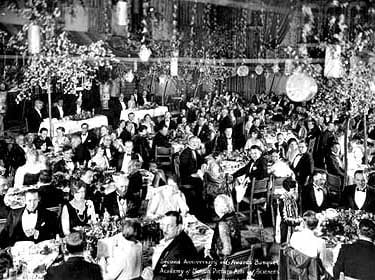When you think of beloved writers, writers who receive adulation and respect and even affection, and whose deaths are felt deeply and widely, you probably do not think of film critics. Roger Ebert, however, was not an ordinary film critic. His career transformed the perception of the movie critic, breaking out of the the ivory tower and infiltrating the Saturday night planning of average  moviegoers across the country. Perhaps more than that, his lifelong residence in Chicago and loyalty to the Sun Times built him an audience that not only listened, but loved him.
moviegoers across the country. Perhaps more than that, his lifelong residence in Chicago and loyalty to the Sun Times built him an audience that not only listened, but loved him.
Steve James’s documentary Life Itself is an affectionate portrait, more appropriately described as tribute than biography. Most of James’s picture is intimate time spent with the critic in his last weeks of life in early 2013. Ebert’s thyroid cancer required the removal of most of his lower jaw, rendering him mute and dependent on a sophisticated text-to-speech technology. James asked Stephen Stanton to read passages from Ebert’s 2011 memoir, also called Life Itself; the book gives a loose narrative structure to the film but James’s emphasis is clearly on the twilight of Ebert’s life.
Those familiar with the basics of Ebert’s early life–his early film criticism for the University of Illinois and young appointment as sole movie man for the Sun-Times–will not learn much new. An exception might be the revelation of Ebert’s alcoholism as a young Chicago barhopper. Ebert’s battle with alcohol ended victorious on two fronts: He overcame his addiction and, equally important, he met his wife. It is his widow Chaz Ebert that provides the documentary’s most moving moments. She has a quiet but fierce courage while watching her husband fight a losing war with cancer. We listen to her and understand that Chaz was the ballast and soul that imparted grace to Ebert’s brilliant, analytical and argumentative mind.
James produced Life Itself in collaboration with Ebert and his Chaz, and he’s given access to some of Roger’s most vulnerable moments. The movie cuts between images of frailty and flashbacks of triumph as we tour Ebert’s illustrious and groundbreaking career. Most important are the memories of Ebert and his longtime partner Gene Siskel. Fans of criticism’s most popular duo will relish the candid conversations from Siskel’s own widow and the remembrances of the two’s often hostile yet always brotherly rivalry. Stories of the two critics are so deliciously entertaining that one holds out hope for a documentary covering the friendship exclusively.
Life Itself has some curious omissions. There’s no discussion of Ebert’s religious and political views, a disappointment considering the high profile discussions that he started with his hugely successful personal blog (we see Ebert moderating the many hundreds of comments on the blog, even as he lies in a hospital bed). Presumably James disliked the prospect of categorizing Ebert in his absence. That’s understandable, yet at the very least a discussion of Ebert’s views would have contributed to a fuller orbed portrait. The movie is also thin on anecdotes, making Life Itself more appropriate for existing Ebert fans than those curious about him.
Those are merely quibbles. The one objection I do have to the picture is its rating. Life Itself is rated R for “some scenes of sexuality/nudity and language.” James chooses to spend an awkward and inexplicable length of time discussing Ebert’s professional relationship with 70s sexploitation filmmaker Russ Meyer. This conversation features scenes and stills from Meyer’s work, several of which are unnecessarily and tastelessly explicit. Why James would opt to include the shots, in no way integral to comprehending the story, is beyond me. Whatever utility was imagined, it cannot outweigh the alienation that young audiences will experience.
That black eye aside, Life Itself works, both as a documentary and as a tribute to the most famous film critic of all time. Fans of Roger Ebert will find their affection heightened and their respect deepened but likely won’t have their knowledge expanded. That’s OK. Life Itself is a worthy labor of love that befits a writer who embraced his humanity in his craft, even at death.















